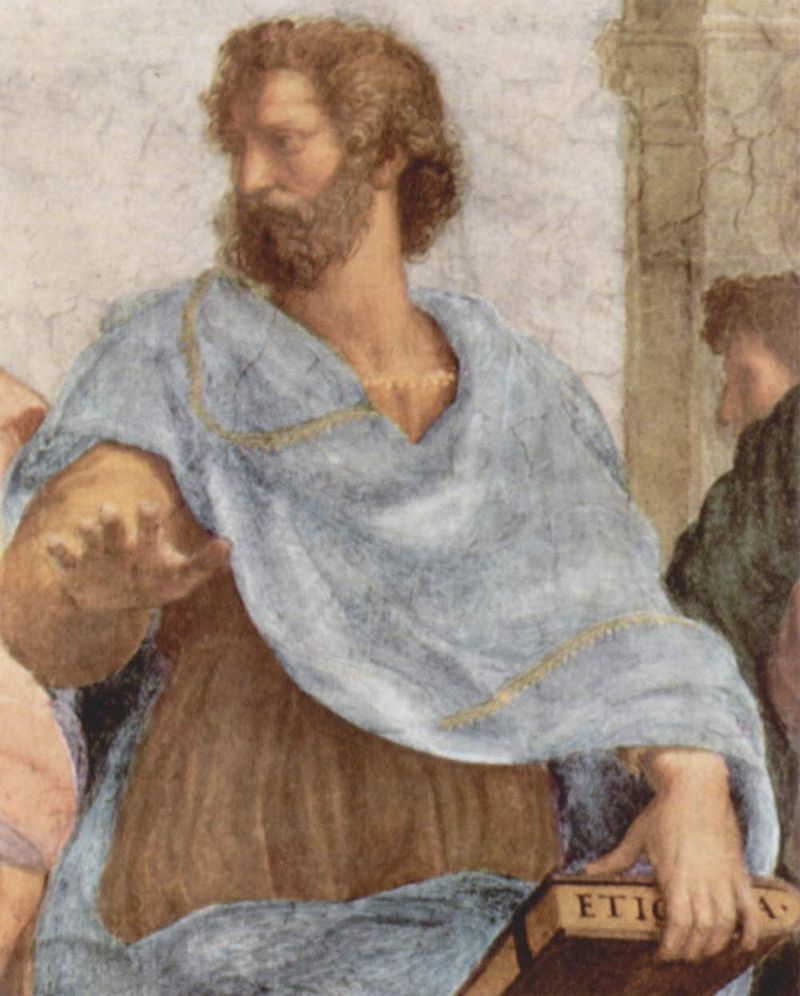As an adolescent,
I learned the art of poet/secret;
I would climb into the bedroom closet on all fours, enough space between the smelly, discarded shoes laces to
stretch out my body; I would somehow find comfort, if that is what you’d call it, more like respite, a kind of shelter
to be with my secrets,
stowed away porno’
O masturbation never was so great as
the closeted days,
shielded from reality,
the ceiling gathered immense freedom
around its enclosed haunches and
I had secrets to bare, to the wooden
old filing cabinet stuck, where I stowed
my poetry, my scribbles — under
hanging sports coats and sweaters,
secrets being such a burden —
they had to go somewhere,
born from my self-imposed compulsion to translate suffering into poetry —
Poetry is couched in metaphor but never becomes what it was,
like a closet,
it still remains closed,
like a secret it is never meant to be shared.
To put into words something about
myself that I am unable to transcend
is a secret/poetry like a poet makes,
for isn’t that what the poet does?
reveal secrets,
lay bare the state of affairs?
the poet in me, crashes into state of affairs, crashes into a secret,
to lay bare.
© 2010 Greig Roselli


































